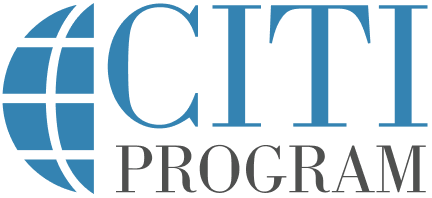As the Medicare landscape evolves, providers and healthcare organizations must stay informed about updates to Medicare operations that affect reimbursement, telehealth coverage, and claims processing. With a government shutdown impacting Medicare Administrative Contractors (MACs) and significant telehealth policy changes scheduled for October 1, 2025, understanding these shifts is critical for compliance and financial planning. A recent CMS spotlight communication states healthcare providers face impactful changes on the horizon.
Medicare Claims Processing: Temporary Hold During Shutdown
CMS has directed all Medicare Administrative Contractors to implement a temporary claims hold whenever certain legislative payment provisions (known as “extenders”) are set to expire.
- Length of hold: Up to 10 business days
- Reason: Ensures Medicare payments remain accurate and compliant with statutory requirements
- Provider impact: Minimal, due to the 14-day payment floor
- Important note: Providers may continue to submit Medicare claims during this period, but payment will not be released until the hold is lifted
This Medicare claims hold is a standard practice and should not cause significant disruption. Providers should plan for minor delays but continue regular claim submission.
Medicare Telehealth Coverage Changes Coming October 1, 2025
One of the most significant updates in 2025 relates to Medicare telehealth services. Unless Congress intervenes, many of the pre-COVID restrictions on telehealth will return starting October 1, 2025.
Key policy changes include:
- Geographic restrictions: Telehealth services provided outside of rural areas will no longer be covered
- Site of service limitations: Services delivered to patients in their homes will lose coverage, except for behavioral and mental health services
- Hospice recertifications: In-person, face-to-face encounters will again be required
- Coverage limits: Some types of practitioners will no longer be reimbursed for telehealth services
- Provider responsibilities: Clinicians may need to provide patients with an Advance Beneficiary Notice of Noncoverage (ABN) if delivering non-payable telehealth services
These changes could impact both patient access to telehealth and provider reimbursement workflows.
View the CMS Telehealth Coverage Guidance.
Medicare Shared Savings Program ACO Telehealth Flexibility
Thanks to the Bipartisan Budget Act of 2018, clinicians participating in Medicare Shared Savings Program Accountable Care Organizations (ACOs) will retain greater flexibility:
- Clinicians can provide telehealth services without geographic restrictions
- Patients can receive services in their homes
- No additional CMS application or approval is required
- Covered telehealth services can be billed directly to Medicare
ACO clinicians may continue providing and billing for telehealth services under Medicare rules throughout CY 2025, even if Congress does not extend broader telehealth flexibilities.
View the CMS ACO Telehealth Fact Sheet (PDF).
Role of Medicare Administrative Contractors (MACs)
During the shutdown, MACs will continue performing core Medicare Fee-for-Service claims processing functions beyond the temporary claims hold. Providers can expect uninterrupted support for standard operations, including billing inquiries, provider enrollment, and appeals processing.
Key Takeaways for Providers and Healthcare Organizations
- Prepare for payment delays due to the standard Medicare claims hold, but continue submitting claims as usual.
- Watch for Congressional updates – Policy decisions will determine whether the pre-COVID telehealth restrictions remain in place after October 1, 2025.
- Educate patients with ABNs on whether telehealth services are covered under Medicare rules.
- ACO participants can continue providing Medicare-covered telehealth services without restrictions.
- Stay current with CMS resources to ensure compliance and protect revenue cycles.
Final Thoughts
With a temporary Medicare claims hold during the shutdown and significant Medicare telehealth changes in 2025, providers should be proactive in updating compliance protocols, billing procedures, and patient communication. Staying informed and leveraging available resources will help reduce disruptions in reimbursement and maintain continuity of care.




